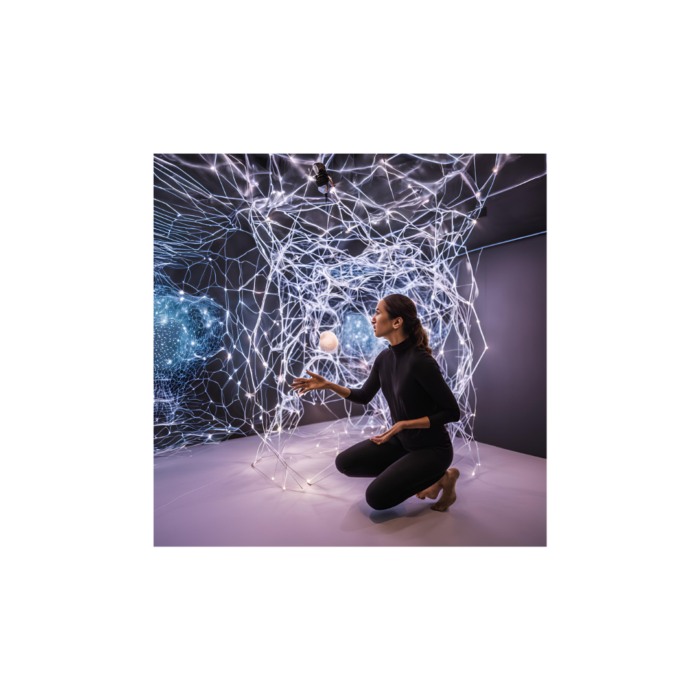26
11
.25
Soma Co-Designed Technology for Wellbeing: Progress Since the Workshops FINAL BLOG
Soma Co-Designed Technology for Wellbeing: Progress Since the Workshops FINAL BLOG
Following the two co-design workshops held earlier in the year, we have continued to build on the insights and prototypes developed by participants. The focus has been on deepening our understanding of the sensory, emotional and design considerations surfaced during the sessions, and on translating this into research outputs and next steps for the project.
After the workshops, the research team held a series of data analysis sessions. These drew on the design diaries, articulation sheets, prototype documentation and group reflections gathered across both days. Working through this material allowed us to identify patterns in how participants engaged with embodied and sensory methods, the kinds of design adaptations that supported them, and the facilitation strategies that shaped the co-design environment. The analysis helped us to better understand how lived experience informed design decisions and how Soma methods supported the expression of sensory and attentional needs.
Drawing from this work, the team has written and submitted a paper to the Design Research Society (DRS) conference. The paper reports on how we adapted our facilitation approach throughout the workshop series. It offers methodological insights into how co-design practices can be adjusted to support ADHD participants and describes how workshop structures, materials and spatial arrangements shaped participation. We have also submitted a workshop proposal to the CHI conference based on the same body of work. This proposal focuses on translating what we learned into practical guidance for others designing participatory sessions with neurodivergent groups.
Alongside the academic work, we have begun preparing a showcase event. This event will bring together participants from the workshop series and others with an interest in the project. Attendees will be invited to explore the different prototypes created across the sessions and revisit the sensory and somatic qualities of the designs. We also plan to share the various articulation sheets used during the workshops, as these tools played an important role in helping participants express sensory and emotional responses. The showcase will offer an opportunity to gather further reflections on which forms of articulation felt most intuitive and supportive.
These activities have helped consolidate the learning from the workshops and have continued to shape the project’s direction. They have also highlighted the importance of embodied, adaptive and participant-led approaches in co-design research involving ADHD adults. The insights from this next phase continue to deepen our understanding of how lived experience can inform the design of sensory, wellbeing-focused technologies.
Tags:
ADHD,
soma design














